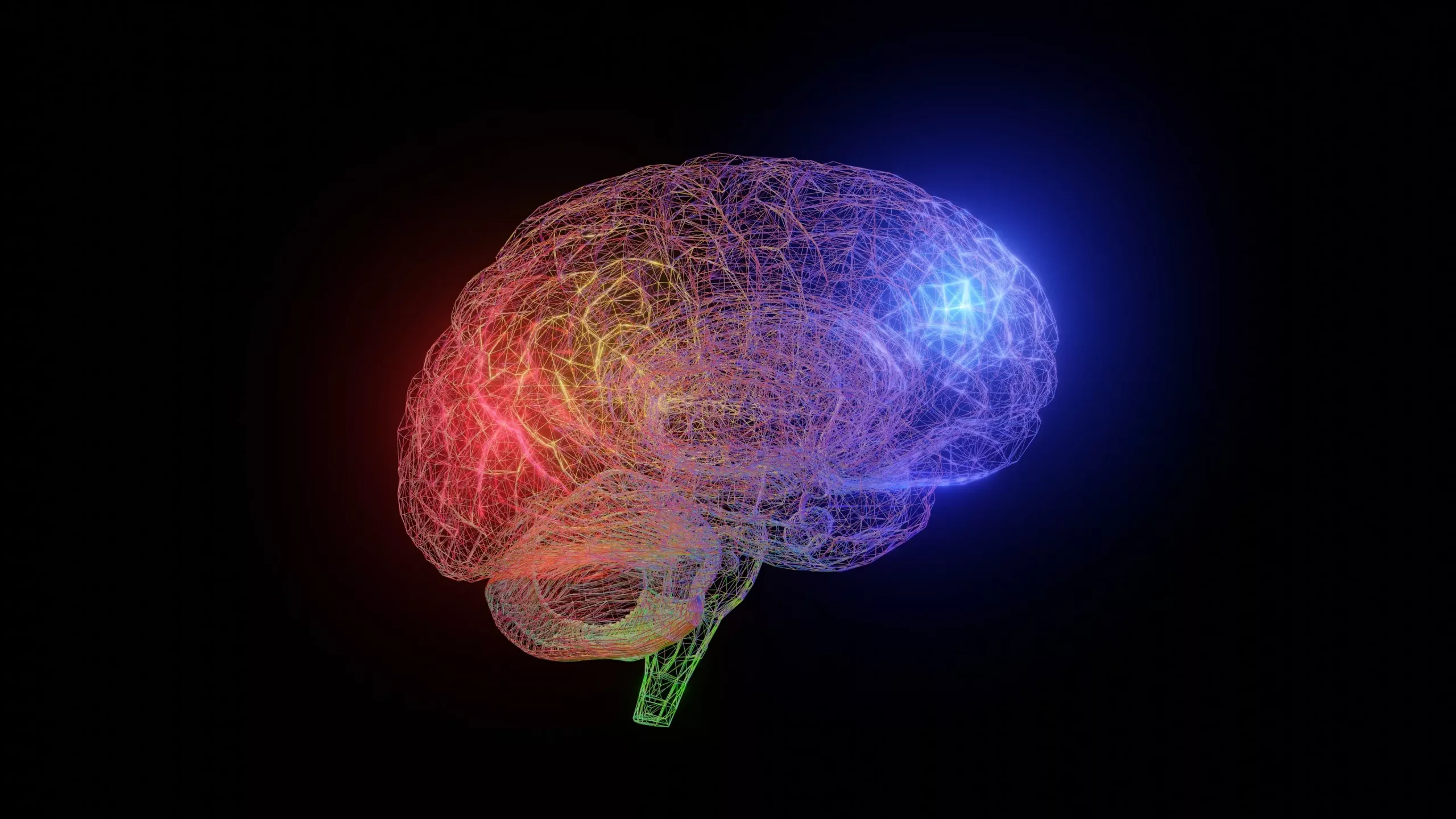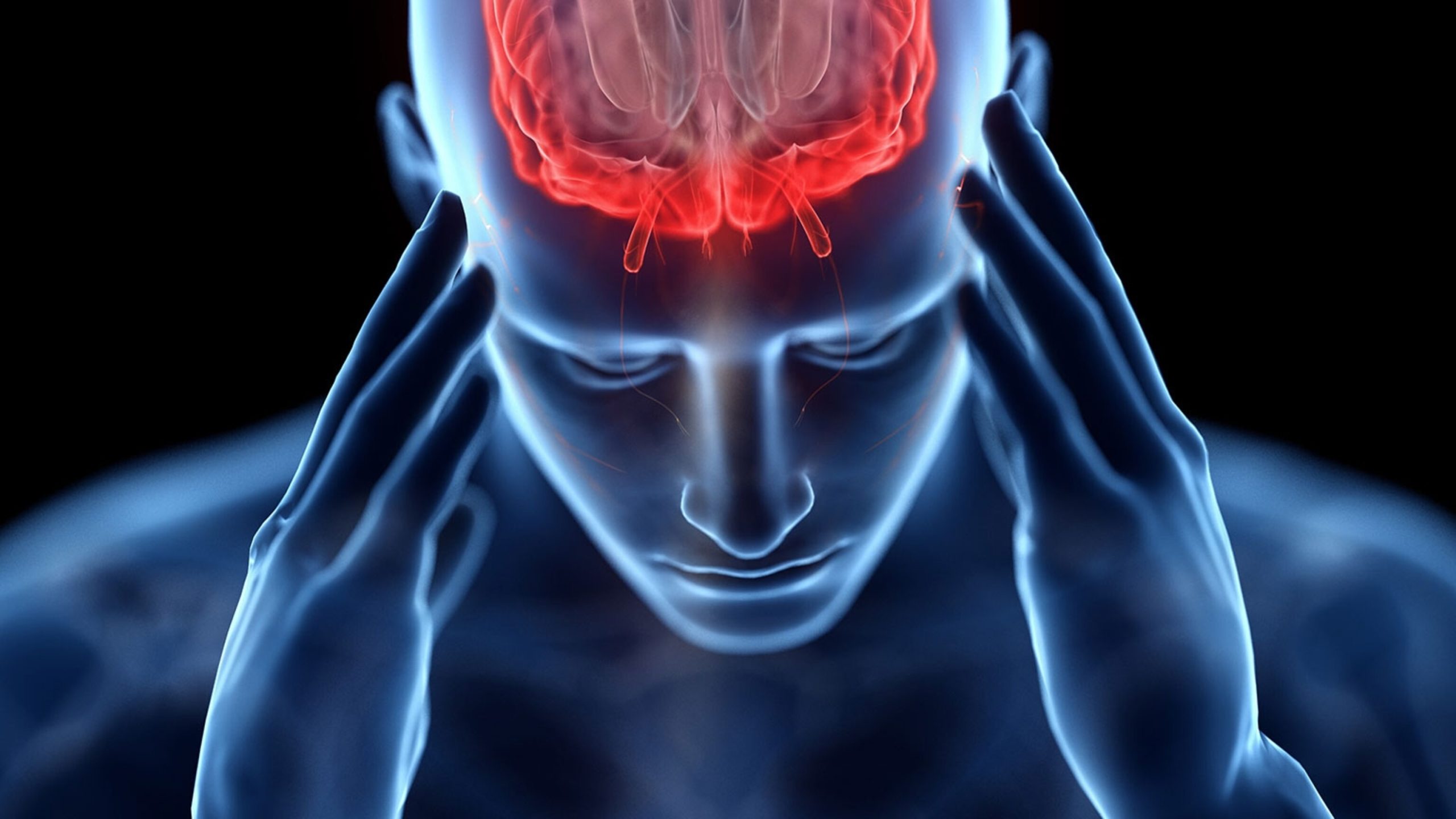Recent research emphasizes the crucial link between the immune system and depression, revealing how inflammation can affect the efficacy of standard antidepressants. This study, conducted by a collaboration of researchers from the UK and Italy, aims to deepen the understanding of major depressive disorder (MDD) through the lens of biological mechanisms, particularly focusing on gene expression and immune responses.
By recognizing the intricate interplay between biological factors and mental health, the findings underscore the necessity for personalized medicine approaches tailored to the unique biological profiles of individuals suffering from depression.
A key focus of the study was the relationship between inflammation and depression. Approximately one in three individuals with depression exhibit elevated inflammation levels, indicative of the body’s immune response to perceived threats. This heightened inflammatory state may stem from chronic stress, which is a hallmark of depression.
As a result, individuals with both depression and inflammation often demonstrate reduced responsiveness to conventional antidepressants, suggesting that integrating anti-inflammatory treatments could enhance therapeutic outcomes for this population. Unraveling the biological underpinnings of inflammation in depression could lead to more effective, targeted interventions.
The researchers employed advanced technology, including mRNA sequencing, to explore gene expression patterns among individuals with depression. Their findings revealed that even moderate inflammation was associated with significant activation of immune-related genes.

In cases where inflammation levels were particularly high, there was further activation of genes associated with metabolic processes, impacting how the body processes energy from fats and sugars. This highlights the multifaceted biological changes occurring in the context of depression and suggests that immune and metabolic pathways may be interconnected in understanding the disorder.
Additionally, the study identified a distinct gene expression profile in individuals who responded well to antidepressant treatment. This profile not only indicated reduced immune function but also suggested mechanisms that may protect the brain, pointing towards a complex relationship between immune activity and recovery from depression.
By investigating these biological markers, researchers hope to better understand the mechanisms behind individual responses to antidepressants, which could inform the development of more effective treatment strategies.
In summary, this research advocates for a shift from traditional, one-size-fits-all approaches to depression treatment toward more nuanced and personalized methods. Understanding the biological basis of depression through gene expression and inflammation could pave the way for targeted therapies that consider the diverse responses among individuals.
This approach not only aims to enhance the efficacy of existing treatments but also seeks to improve the overall understanding of depression as a multifactorial condition influenced by various biological processes.
